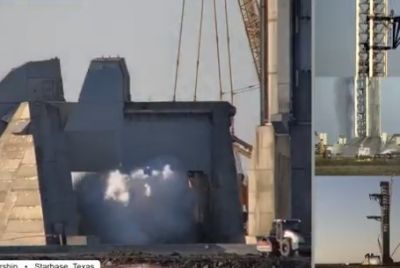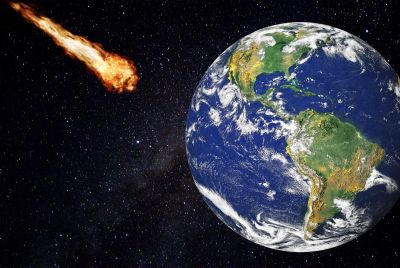Environmental News 29/11/2011
Scientists sound alarm over Southern Ocean warming
New research shows the Southern Ocean is storing more heat than any other ocean in the world. The study, carried out by Tasmania's Antarctic Climate and Ecosystem centre, has found that carbon dioxide levels in the Southern Ocean will be corrosive to some shellfish by 2030 if current trends continue. Scientists say deep moving currents around Antarctica are the reason why the Southern Ocean is warming faster than other oceans. "The Southern Ocean occupies about 22 per cent of the area of the total ocean, and yet it absorbs about 40 per cent of the carbon dioxide that's stored by the ocean and about half the heat that's stored by the ocean," climate scientist Steve Rintoul says. Dr Rintoul says the warming extends for four kilometres, from the ocean surface to the sea floor. He says satellite measurements show the Southern Ocean has been warming by about 0.2 degrees Celsius per decade. "One of the impacts of a warming ocean may be that the ice that flows off Antarctica into the ocean may melt more rapidly," he said. "Once that ice reaches the ocean and is floating, if we melt it, it doesn't change the sea level because that ice is already floating, just like an ice cube in your drink, when it melts it doesn't cause the cup to overflow.
Basin rescue plan rejected by all sides
THE draft plan to save the Murray-Darling Basin was hammered from all sides yesterday, farmers claiming it will cost 15,000 jobs and green groups saying it does not contain enough water to revive the river system. The NSW government said it reserved the right to withdraw from the rescue plan, which it fears will threaten the viability of food industries and small businesses in regional areas. The Primary Industries Minister, Katrina Hodgkinson, said the Murrumbidgee area would need to reduce its water use by 9.5 per cent, which could cripple food production. Agricultural groups warned irrigators would be just as angry with the draft plan as they were with its predecessor, the ''guide to the draft plan'', which came out last year and prompted some irrigators to burn copies in Griffith and Deniliquin. Their chief complaint is that the plan contains too little detail and gives irrigators no certainty as to how they will be affected. About 40 per cent of the reductions in irrigation will be used for the overall health of the basin, mostly by flushing salt through the system and out of the Murray mouth. It remains unclear from the draft plan from where these ''shared reductions'' will come.
Can carbon for the price of a pizza save the planet?
Climate negotiators meeting in South Africa this week face fresh worries over saving the planet from global warming now that a ton of carbon trades at the price of a pizza. A European steel plant producing a ton of steel pays as little as $12 for the resulting carbon emissions, spelling trouble for Europe's carbon emissions trading scheme, the world's largest. At those prices, there is little incentive for industry to lower its carbon output, meaning one of Europe's major tools in fighting climate change is broken. Analysts say carbon prices would need to return to 2008 levels in order start making a difference. "Given current commodities prices, we would need 20 euros a ton to achieve a significant emissions reduction," said Per Lekander, an analyst at UBS. "I look at the price in the morning and don't want to get out of bed," said a London-based emissions trader. London is the EU carbon market's hub, with traders, brokers, power generators and project originators responsible for the bulk of trade. But with carbon prices down more than 50 percent since June, some have decided to cut their losses and have left the market. The EU Commission declined to comment on current carbon prices when asked by Reuters but speaking in Brussels last Thursday, Denmark's climate, energy and building minister Martin Lidegaard acknowledged concern. "Carbon prices are low because there is a crisis. This is a serious problem that threatens stability for investors," Lidegaard said, adding the Commission would be looking at ways to support prices.





















